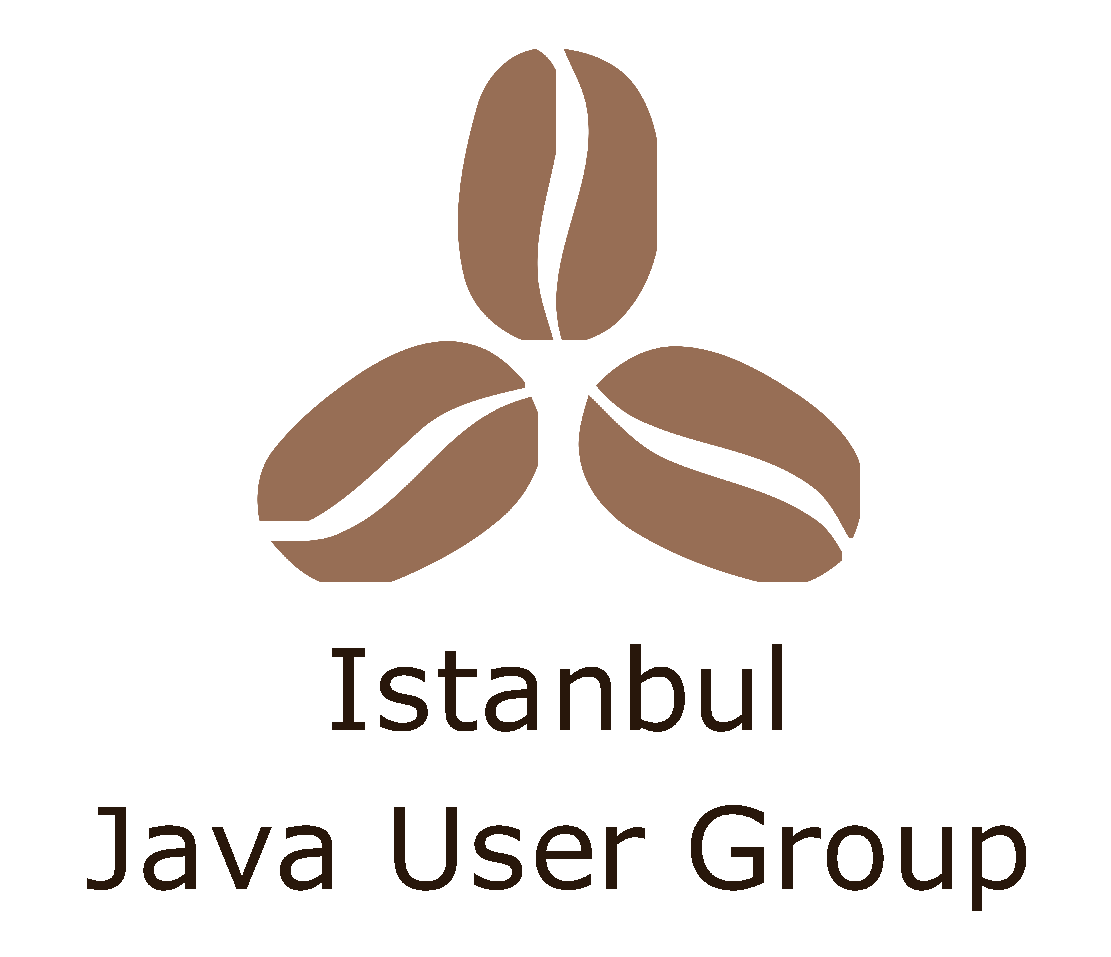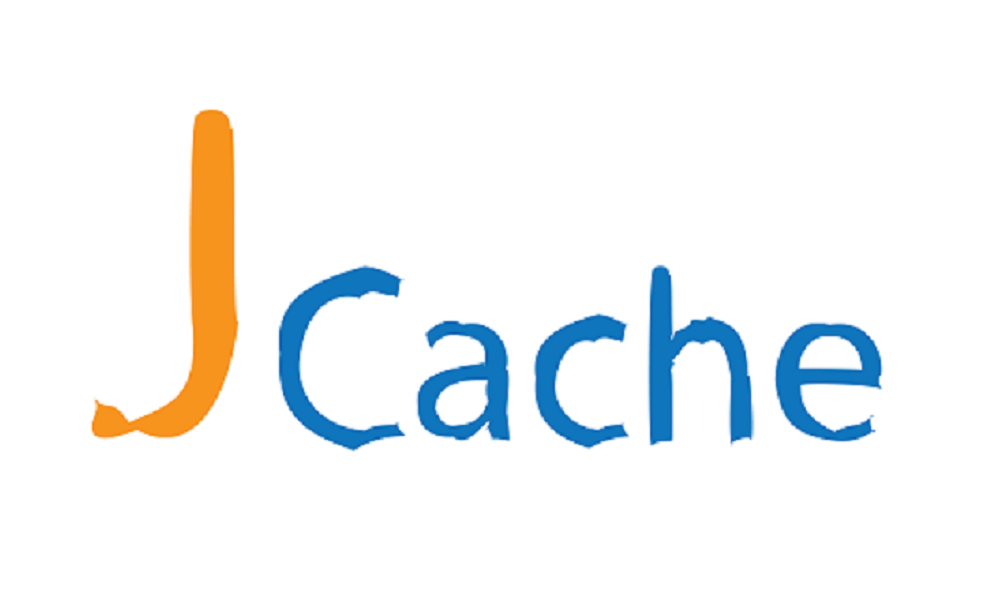JCache (JSR 107 – Java Temporary Caching API) is a specification that will be available under Java EE 8 and will present a standard API for caching solutions (Hazelcast, EhCache, Coherence eg.). The survey has shown that 9.5% (orange) of the community is waiting for JCache.
Actually, JCache was going to be present in Java EE 7 but it wasn’t completed by the deadline, it has been deferred to Java EE 8.( Look at JCache to Miss Java EE 7)
JCache Annotations
When using JCache annotations you can meet your caching needs just by declaring JCache annotations on your classes or methods.
Here are JCache’s standard annotations;
CacheDefaults
JCache @CacheDefaults annotation is applied above a class declaration. All the methods inside the applied class gets @CacheDefaults annotation options by default.
@CacheDefaults(cacheName = "personCacher") (1)
public class CacheBean {
///
}| 1 | Declares default cache name as personCacher. All methods under this class inherit this option if not provided itself. |
CachePut
Puts a cache value into the cache object addressed by a key. You can think all the cache object as a Map instance but actually it is a type of javax.cache.Cache.
We can declare which method parameter will be used as the key with @CacheKey annotion, also a value with @CacheValue annotation.
@CacheDefaults(cacheName = "personCacher")
public class CacheBean {
@CachePut
//@CachePut(cacheName = "<cache_name>")
public void put(@CacheKey Long id, @CacheValue Person person) {
//
}
}As above a Person object will be put into a javax.cache.Cache object named personCacher with an id. You can keep the method body empty or persist the parameters anywhere (FS, NoSQL, DB eg.) in the method body. It just depends on your needs.
CacheResult
CacheResult is used to get a cached value by its key. If the related value is already in the cache, the cached value is returned from the proxy method without entering method body. if not, execution flow enters into the method body and also puts returned object to the cache.
@CacheDefaults(cacheName = "personCacher")
public class CacheBean {
@CacheResult
public Person get(@CacheKey Long id) { (1)
Person person = //
return person;
}
@CachePut
//@CachePut(cacheName = "<cache_name>")
public void put(@CacheKey Long id, @CacheValue Person person) {
//
}
}| 1 | Returns the cached value by its key if exist. |
CacheRemove
Removes a cached value from cahce by its key.
@CacheDefaults(cacheName = "personCacher")
public class CacheBean {
@CacheRemove
public void invalidate(@CacheKey Long id) {
//
}
}We can also use @CacheRemoveAll annotation to remove all cached values.
@CacheDefaults(cacheName = "personCacher")
public class CacheBean {
@CacheRemoveAll
public void invalidateAll() {
//
}
}Let’s try
All annotations under javax.cache.annotation.* are only designed so we need to use a DI (Dependency Injection) container technology, to process these annotations in runtime a
nd AOP manner. Yes, we can use any DI container (CDI, Spring and Guice eg.) to use JCache annotations in our applications. It doesn’t matter which one you pick, JCache is a standard.
I want to use CDI container to test JCache annotations. If we have a CDI enabled Java EE application, registering JCache CDI interceptors in beans.xml is enough to start coding JCache. However, I want to use CDI in Java SE environment.
| Note |
As of version 3.1 Spring Framework supports JCache annotations. |
Here is my project structure
The project prepared in maven project format.
pom.xml<?xml version="1.0" encoding="UTF-8"?> <project xmlns="http://maven.apache.org/POM/4.0.0" xmlns:xsi="http://www.w3.org/2001/XMLSchema-instance" xsi:schemaLocation="http://maven.apache.org/POM/4.0.0 http://maven.apache.org/xsd/maven-4.0.0.xsd"> <modelVersion>4.0.0</modelVersion> <packaging>jar</packaging> <groupId>CDI-JCache</groupId> <artifactId>CDI-JCache</artifactId> <version>1.0-SNAPSHOT</version> <properties> <project.build.sourceEncoding>UTF-8</project.build.sourceEncoding> <maven.compiler.source>1.8</maven.compiler.source> <maven.compiler.target>1.8</maven.compiler.target> </properties> <dependencies> <dependency> (1) <groupId>org.jboss.weld.se</groupId> <artifactId>weld-se-core</artifactId> <version>3.0.0.Alpha13</version> </dependency> <dependency> (2) <groupId>org.jsr107.ri</groupId> <artifactId>cache-annotations-ri-cdi</artifactId> <version>1.0.0</version> </dependency> <dependency> (3) <groupId>org.jsr107.ri</groupId> <artifactId>cache-ri-impl</artifactId> <version>1.0.0</version> </dependency> </dependencies> </project>1 Weld Java SE dependency (CDI RI (Reference Implementation)) 2 Dependency have JCache CDI extensions. (Look at maven.search.org) 3 JCache’s RI dependency (You can use any other JCache implementation by just replacing this dependency) beans.xmlRegisters CDI container to use it. We need to declare JCache’s CDI interceptors here.
<?xml version="1.0" encoding="UTF-8"?> <beans xmlns="http://xmlns.jcp.org/xml/ns/javaee" xmlns:xsi="http://www.w3.org/2001/XMLSchema-instance" xsi:schemaLocation="http://xmlns.jcp.org/xml/ns/javaee http://xmlns.jcp.org/xml/ns/javaee/beans_1_1.xsd" bean-discovery-mode="all"> <interceptors> <class>org.jsr107.ri.annotations.cdi.CacheResultInterceptor</class> (1) <class>org.jsr107.ri.annotations.cdi.CacheRemoveEntryInterceptor</class> (2) <class>org.jsr107.ri.annotations.cdi.CacheRemoveAllInterceptor</class> (3) <class>org.jsr107.ri.annotations.cdi.CachePutInterceptor</class> (4) </interceptors> </beans>1 CDI interceptor declaration for @CacheResultannotation.2 CDI interceptor declaration for @CacheRemoveannotation.3 CDI interceptor declaration for @CacheRemoveAllannotation.4 CDI interceptor declaration for @CachePutannotation.com.kodcu.*com.kodcu.PersonIt will be used as the cached value and required to be
Serializablepublic class Person implements Serializable { private Long id; private String name; private String status; public Person() {} public Person(Long id, String name) { this.id = id; this.name = name; } public Person(long id) { this(id, "Person-" + id); } // getter, setter methods public void updateStatus() { setStatus("Cached " + ThreadLocalRandom.current().nextLong(1, 10000)); } }com.kodcu.CacheBeanIt is a CDI bean and will be used to test JCache annotations.
@CacheDefaults(cacheName = "personCacher") public class CacheBean { @CachePut public void put(@CacheKey Long id, @CacheValue Person person) { person.updateStatus(); } @CacheResult public Person get(@CacheKey Long id) { final Person person = new Person(id); person.updateStatus(); return person; } @CacheRemove public void invalidate(@CacheKey Long id) {} @CacheRemoveAll public void invalidateAll() {} }com.kodcu.Apppublic class App { @Inject private CacheBean cacheBean; (3) public static void main(String[] args) throws Exception { CDI<Object> cdi = CDI.getCDIProvider().initialize(); (1) final App app = cdi.select(App.class).get(); (2) final CacheBean cacheBean = app.cacheBean; print("Put first object in cache"); // Put cahce id:1,name:Rahman Usta cacheBean.put(1L, new Person(1L)); // Get id:1 final Person p1 = cacheBean.get(1L); print(p1); // Get id:1 final Person p2 = cacheBean.get(1L); print(p2); // Get id:1 final Person p3 = cacheBean.get(1L); print(p3); print("\n******\n"); print("Put second object in cache"); cacheBean.put(2L, new Person(2L)); // Get id:2 final Person p4 = cacheBean.get(2L); print(p4); // Get id:2 final Person p5 = cacheBean.get(2L); print(p5); print("\n******\n"); // Invalidate one print("Invalidate first object in cache"); cacheBean.invalidate(1L); print(cacheBean.get(1L)); print(cacheBean.get(2L)); print("\n******\n"); // Invalidate all print("Invalidate all in cache"); cacheBean.invalidateAll(); print(cacheBean.get(1L)); print(cacheBean.get(2L)); } private static void print(Object object) { System.out.println(object); } }1 Initializes CDI container 2 Gets CDI Bean which is instance of App class. 3 Injects CacheBean CDI Bean After running App#mainmethod, we will see following result.INFO: WELD-ENV-002003: Weld SE container STATIC_INSTANCE initialized Kas 02, 2015 11:37:44 PM org.jsr107.ri.annotations.DefaultCacheResolverFactory getCacheResolver WARNING: No Cache named 'personCacher' was found in the CacheManager, a default cache will be created. Put first object in cache (1) Get Person{id=1, name='Person-1', status='Cached 5859'} // Cache hit Get Person{id=1, name='Person-1', status='Cached 5859'} // Cache hit Get Person{id=1, name='Person-1', status='Cached 5859'} // Cache hit ****** Put second object in cache (2) Get Person{id=2, name='Person-2', status='Cached 3832'} // Cache hit Get Person{id=2, name='Person-2', status='Cached 3832'} // Cache hit ****** Invalidate first object in cache (3) Get Person{id=1, name='Person-1', status='Cached 19'} // Cache miss Get Person{id=2, name='Person-2', status='Cached 3832'} // Cache hit ****** Invalidate all in cache (4) Get Person{id=1, name='Person-1', status='Cached 9648'} // Cache miss Get Person{id=2, name='Person-2', status='Cached 9072'} // Cache miss Weld SE container STATIC_INSTANCE shut down by shutdown hook1 Puts first Personobject into the cache, then gets same object until it is removed from cache.2 Puts second Personobject into the cache, then gets same object until it is removed from cache.3 Removes first object from the cache, then returns new cached object. 4 Removes first and second object from the cache, then returns new cached objects.
You can access demo project from Adop-a-JSR Github page. Download
Hope to see you again.


Hi!
Great post!
Is there any way to setup the expiry police through annotation?
Would it be nice to have a way to setup of the expiry policy through the @CacheResult or @CachePut?